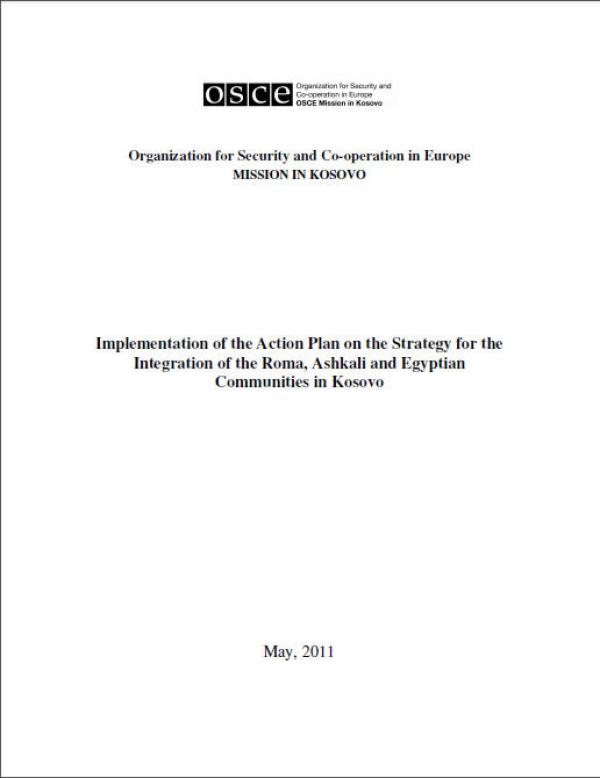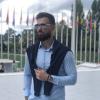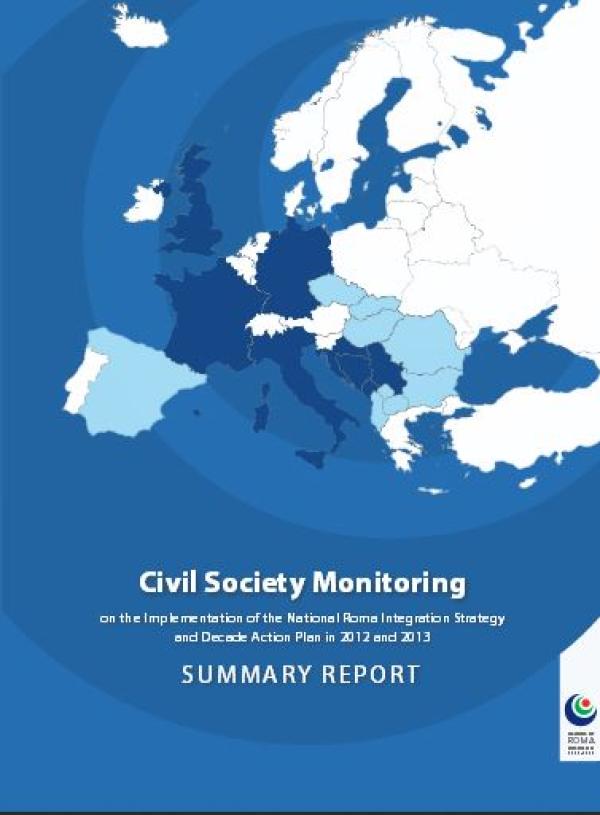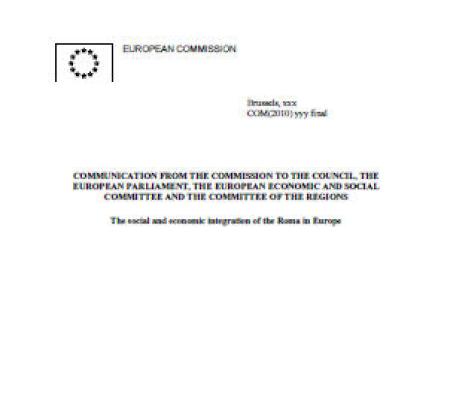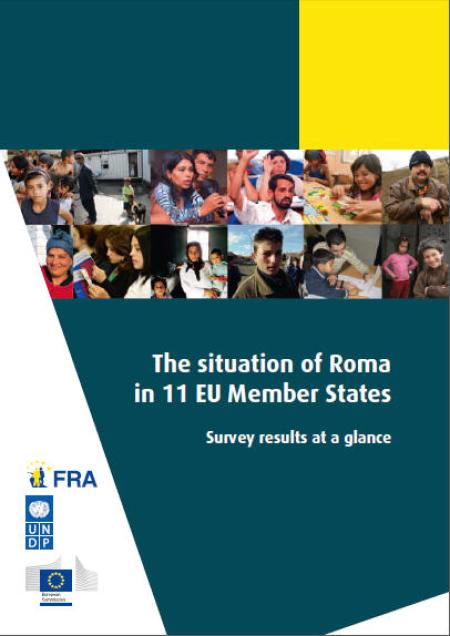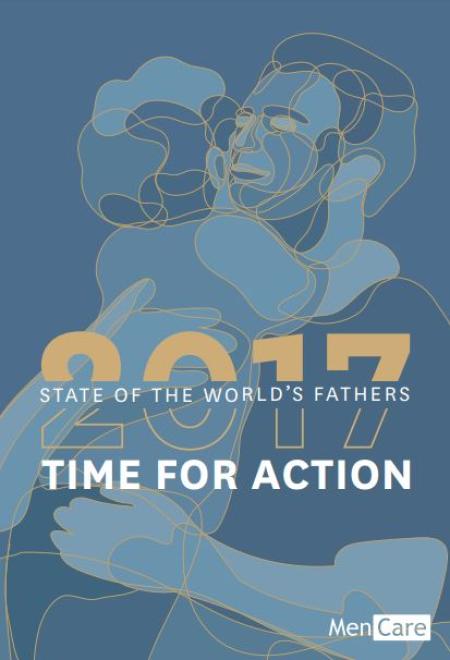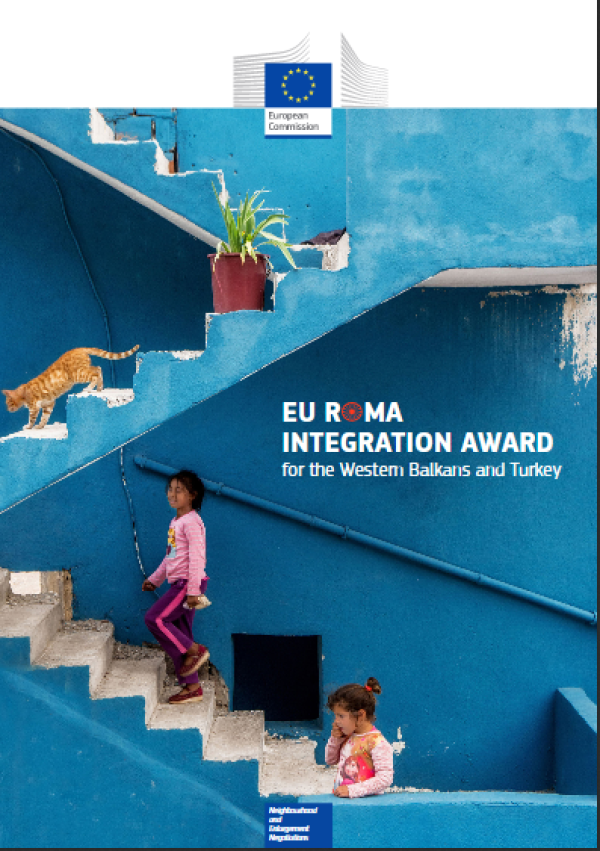
In an article critical of the Bulgarian state and the attitude of Bulgarians, the website Marginalia examined the status of Roma integration in Bulgaria in 2021. The article suggests that Roma have to hide their ethnic origin to be successful. Furthermore, (ethnically Bulgarian) parents refuse to keep their children in classes with Roma children, and the state, at the systemic level, does very little to create and implement effective integration policies.
This process of aggressive segregation is most pronounced in the education system, where the seeds of Roma integration must germinate. In school, conditions must be created to help children of Roma origin learn Bulgarian, create social ties with other children and feel Bulgarian. This would give them a sense of hope and belonging to the community beyond their segregated ghetto.
Decades of hatred and stereotypes, however, undermine this process, and the focus of the general population remains on perpetuating the stigma against Roma - children and adults. Subsequently, the Roma leave the education system and sink deeper into the trap of segregation.
The article also cites data from an Open Society study, which notes that attitudes towards the Roma deteriorated significantly between 2013 and 2021, coinciding with the entry of "patriotic parties" into public policy making. These parties support the National Strategy for Roma Integration in theory, but in practice, it has no effect. Marginalia points out that this may be due to the fact that "the Strategy and a number of other similar documents are so long, confusing and generic that they're not worth reading." This leads to the conclusion that the Strategy for Roma Integration in Bulgaria needs to be revised, synthesized and, above all, implemented. Unfortunately, however, there is a lack of political will to insist on this, and political incompetence to take real action.
From a more positive point of view, Stanimira Hadjimitova of the Center for the Development of Sustainable Communities, commented that the towns of Montana and Breznik flatly refuse to divide their policies for Roma and Bulgarian communities. They point out that policies should be implemented to assist disadvantaged people in general: Roma, Bulgarians, Turks and all others. "We don't have to separate them from us." This, of course, is not enough at the national level, but a spark can light the flame of change.
We recommend that you read the full article by Marginalia, which goes into depth on the subject and addresses the issue from a demographic and political point of view, with a deservedly critical tone.




